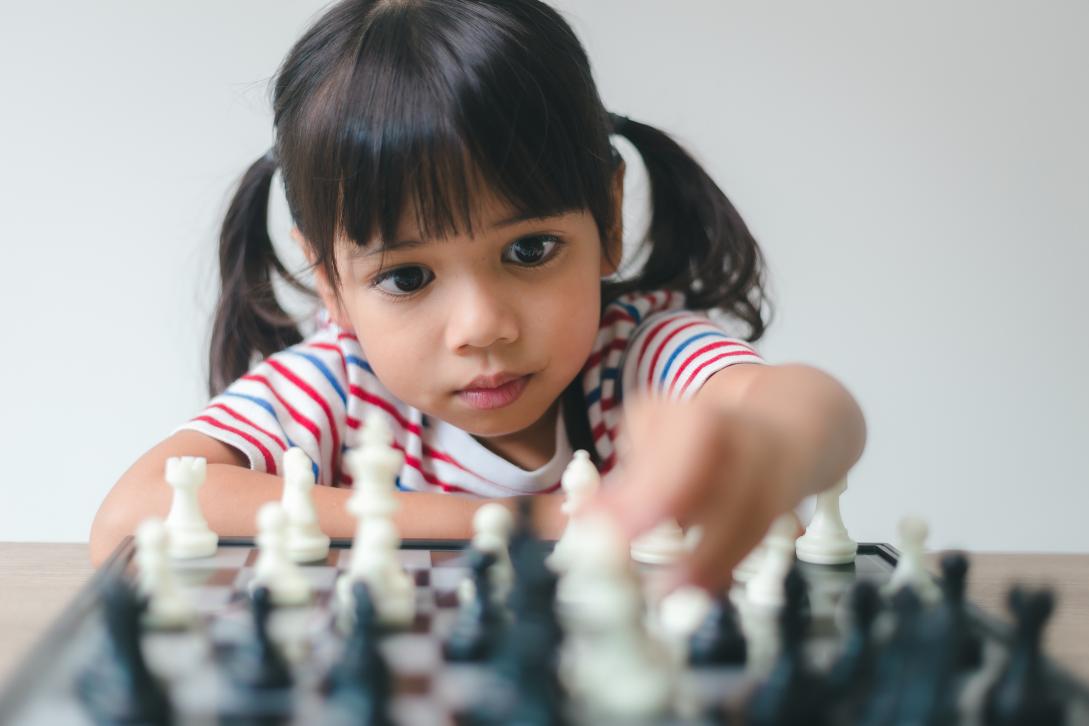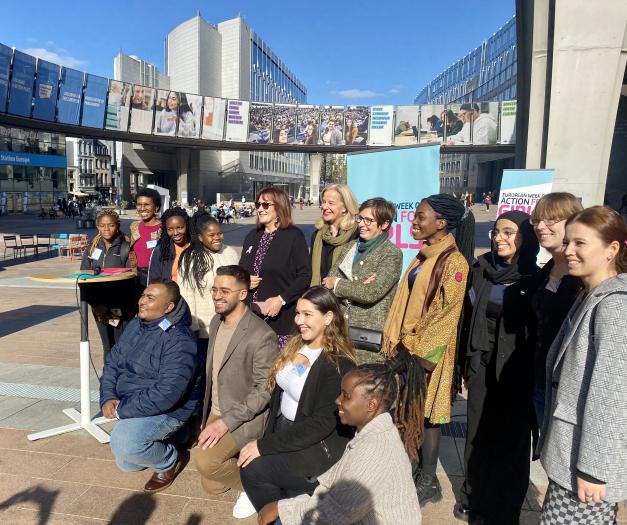What girls want: Empowering girls for peace, security and sustainable development

What do we want 10-year-old girls to see when they look at the world? Do we want them to see a world where girls are being held back by gender-bias and discriminatory laws, policies and norms? A world where girls are restricted in their capabilities to develop and grow because of the way in which they are being treated or how they perceive themselves? A world that curtails their opportunities from early age, affecting their entire lives?
Surely not. We want girls all across the globe to see a world in which there is no place for gender stereotypes that limit girls’ (as well as boys’), aspirations, creating barriers to their participation in society and impacting their life choices. We want them to live in a world that empowers girls and promotes gender equality because we all realise that this is a prerequisite for peace, security and sustainable development.
Unfortunately, this is not yet the reality. Armed conflicts, growing inequality, climate change and environmental degradation all contribute to crises and instability, with young people and children bearing the brunt of these crises. 600 million young people live in unstable or conflict-ridden environments and, according to UNICEF (2022), 129 million girls are out of school, including 32 million of primary school age, and 97 million of secondary school age. Young women and girls are disproportionately impacted.
It is great to see, on this day, that girls and young women themselves are at the forefront of leading their generation in accelerating social change. Illustration of this leadership can be found every day, everywhere. The recently adopted EU Youth Action Plan encourages girls’ and women’s participation and leadership to ensure gender responsive strategies, especially in important areas like the environment, climate mitigation and adaptation, and increase support for young women and girls in fragile and conflict-affected countries.
Gender equality is a political priority for the EU. In our work for the rights of girls this translates into action across multiple fields from preventing and countering gender-based violence and early marriage to supporting girls’ access to school. Education is key. Education can be a life-saver. So we need to support education and especially girls’ education because of the central role education has to play. The EU also works with partners to curb sexual and gender-based violence throughout the world, including in fragile, conflict and emergency situations, for example together with the UN, through the Spotlight Initiative which has helped 650,000 women and girls worldwide and protected them or prevented violence against them, educated 880,000 men and boys on positive masculinity, non-violent conflict resolution and parenting, and contributed to the signature or strengthening of 84 national laws and policies to fight gender-based violence.
In Afghanistan, the EU has consistently called for girls’ full return to school. Approximately 850,000 girls have been denied from secondary education under the Taliban rule – this not only prevents their access to tertiary education, but also limits their future economic opportunities and further raising their risk to early marriage. But let’s also not forget: a child’s right to education cannot be safeguarded in a conflict zone when education itself is not being protected. This is what the EU is working on, in cooperation with the African Union or any country willing to invest in this.
It is also great to see that we are joined in these efforts by various organisations and representatives of civil society. Plan International has organised Girls Takeover campaigns globally since 2016. By occupying spaces and places where they are rarely seen or heard in, girls and young women demand actions and solutions to ensure all girls can learn, lead, decide and thrive.
“10 in 10: The world through the eyes of a girl” is the title of an exhibition under the umbrella of the Plan International campaign, featuring illustrations portraying how the world can look like for a 10-year-old girl, 10 years from now, accompanied by a written message created by the young advocates themselves on their own experiences, aspirations, demands and hopes. The exhibition takes place at the Esplanade of the European Parliament in Brussels between 11--14 October.
EU Ambassador for Gender and Diversity, Stella Ronner-Grubačić participated in the launch of the exhibition:
I applaud their initiative to organize an exhibition featuring several girls addressing topics of importance for them, including education, but also Sexual and Reproductive Health and Rights (SRHR), youth employment and harmful stereotypes. By doing so, they want to show us the world they want to live in. The world that they would like all girls to see, when they are 10 years old.
- Ambassador Stella Ronner-Grubačić







